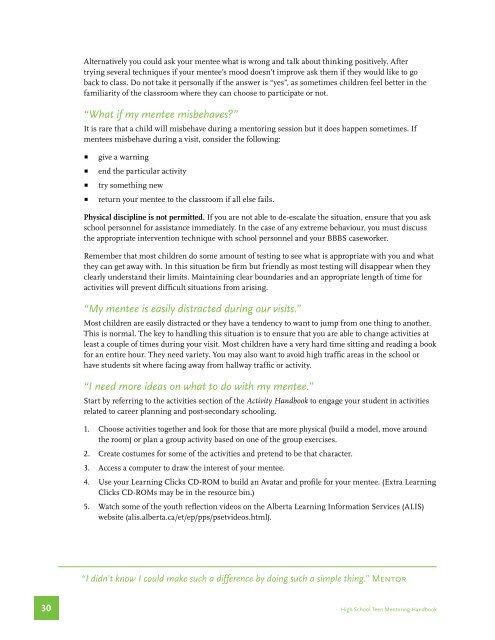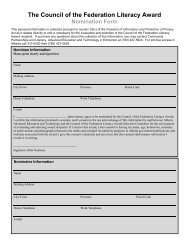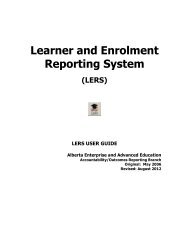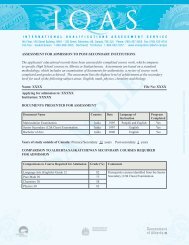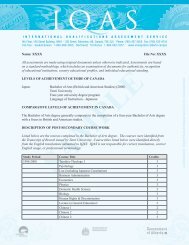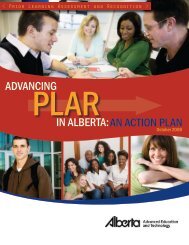High School Teen Mentoring Handbook - Enterprise and Advanced ...
High School Teen Mentoring Handbook - Enterprise and Advanced ...
High School Teen Mentoring Handbook - Enterprise and Advanced ...
- No tags were found...
Create successful ePaper yourself
Turn your PDF publications into a flip-book with our unique Google optimized e-Paper software.
Alternatively you could ask your mentee what is wrong <strong>and</strong> talk about thinking positively. Aftertrying several techniques if your mentee’s mood doesn’t improve ask them if they would like to goback to class. Do not take it personally if the answer is “yes”, as sometimes children feel better in thefamiliarity of the classroom where they can choose to participate or not.“What if my mentee misbehaves?”It is rare that a child will misbehave during a mentoring session but it does happen sometimes. Ifmentees misbehave during a visit, consider the following:•give a warning•end the particular activity•try something new•return your mentee to the classroom if all else fails.Physical discipline is not permitted. If you are not able to de‐escalate the situation, ensure that you askschool personnel for assistance immediately. In the case of any extreme behaviour, you must discussthe appropriate intervention technique with school personnel <strong>and</strong> your BBBS caseworker.Remember that most children do some amount of testing to see what is appropriate with you <strong>and</strong> whatthey can get away with. In this situation be firm but friendly as most testing will disappear when theyclearly underst<strong>and</strong> their limits. Maintaining clear boundaries <strong>and</strong> an appropriate length of time foractivities will prevent difficult situations from arising.“My mentee is easily distracted during our visits.”Most children are easily distracted or they have a tendency to want to jump from one thing to another.This is normal. The key to h<strong>and</strong>ling this situation is to ensure that you are able to change activities atleast a couple of times during your visit. Most children have a very hard time sitting <strong>and</strong> reading a bookfor an entire hour. They need variety. You may also want to avoid high traffic areas in the school orhave students sit where facing away from hallway traffic or activity.“I need more ideas on what to do with my mentee.”Start by referring to the activities section of the Activity <strong>H<strong>and</strong>book</strong> to engage your student in activitiesrelated to career planning <strong>and</strong> post‐secondary schooling.1.2.3.4.5.Choose activities together <strong>and</strong> look for those that are more physical (build a model, move aroundthe room) or plan a group activity based on one of the group exercises.Create costumes for some of the activities <strong>and</strong> pretend to be that character.Access a computer to draw the interest of your mentee.Use your Learning Clicks CD-ROM to build an Avatar <strong>and</strong> profile for your mentee. (Extra LearningClicks CD-ROMs may be in the resource bin.)Watch some of the youth reflection videos on the Alberta Learning Information Services (ALIS)website (alis.alberta.ca/et/ep/pps/psetvideos.html).“I didn’t know I could make such a difference by doing such a simple thing.” Mentor30 <strong>High</strong> <strong>School</strong> <strong>Teen</strong> <strong>Mentoring</strong> <strong>H<strong>and</strong>book</strong>


